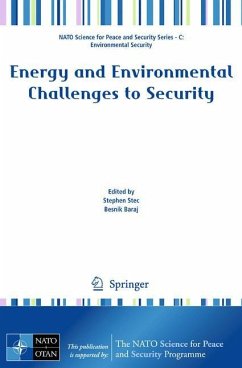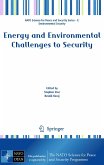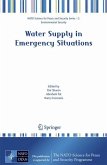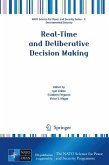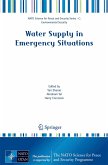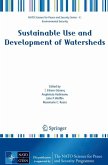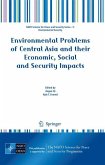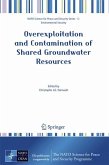The thirst for energy and the need to manage environmental impacts arising from the carbon economy are urgent issues facing this and future generations. The environment and security nexus provide an essential perspective for meeting energy and other challenges to security arising from climate change, conflicts, and economic transition. As Norman Myers succinctly pointed out, wars have already been fought over water and energy; and deforestation, soil erosion, desertification, over-fishing, and a host of other environmental problems are linked with conflict everywhere. Yet the capacity of humans to reach across boundaries and cooperate on the environment also gives us hope that solutions to environment and security problems can be found.
This volume presents the outcome of a unique meeting that took place in November 2007 in the Hungarian Parliament, when scientists from NATO member and partner countries met with members of parliament from two committees of the NATO Parliamentary Assembly. Penetrating contributions in this volume address an array of issues integral to energy, the environment and security, including environmental refugees, the viability of nuclear power, the biofuels misstep, and geopolitical aspects of global energy security, among others - issues that will be with us for many years to come.
On 21 November 2007 the grand and elegant Delegates Hall of the Hungarian Parliament was the scene of the opening of a conference to discuss some of the most pressing issues of the day, those related to our unending thirst for energy, its environmental consequences, and the challenges that these bear on security. Over the next 3 days scientists, parliamentarians and their guests confronted, challenged, teased and cajoled each other in a NATO Advanced Research Workshop (ARW) entitled "Energy and Environmental Challenges to Security," affirming that knowledge and public service hold the keys to solving our greatest challenges. The magnitude of the security challenge was confirmed while this volume was being prepared. In mid-2008, the International Energy Agency issued a report concluding that US$45 trillion would be needed over the next half century to prevent energy shortages and greenhouse gas emissions from undermining global economic growth. But lest such large numbers cause usall to shrug, this volume brings attention to some of the more manageable aspects of the environment and energy security challenge - from addressing conflict resources such as illegal timber that contribute to corruption and regional instability, to means and mechanisms to enable the diversification of energy supplies, to environmental risk reduction strategies for particular installations. The participants in the Hungarian Parliament building were atypical for a NATO Advanced Research Workshop.
This volume presents the outcome of a unique meeting that took place in November 2007 in the Hungarian Parliament, when scientists from NATO member and partner countries met with members of parliament from two committees of the NATO Parliamentary Assembly. Penetrating contributions in this volume address an array of issues integral to energy, the environment and security, including environmental refugees, the viability of nuclear power, the biofuels misstep, and geopolitical aspects of global energy security, among others - issues that will be with us for many years to come.
On 21 November 2007 the grand and elegant Delegates Hall of the Hungarian Parliament was the scene of the opening of a conference to discuss some of the most pressing issues of the day, those related to our unending thirst for energy, its environmental consequences, and the challenges that these bear on security. Over the next 3 days scientists, parliamentarians and their guests confronted, challenged, teased and cajoled each other in a NATO Advanced Research Workshop (ARW) entitled "Energy and Environmental Challenges to Security," affirming that knowledge and public service hold the keys to solving our greatest challenges. The magnitude of the security challenge was confirmed while this volume was being prepared. In mid-2008, the International Energy Agency issued a report concluding that US$45 trillion would be needed over the next half century to prevent energy shortages and greenhouse gas emissions from undermining global economic growth. But lest such large numbers cause usall to shrug, this volume brings attention to some of the more manageable aspects of the environment and energy security challenge - from addressing conflict resources such as illegal timber that contribute to corruption and regional instability, to means and mechanisms to enable the diversification of energy supplies, to environmental risk reduction strategies for particular installations. The participants in the Hungarian Parliament building were atypical for a NATO Advanced Research Workshop.

